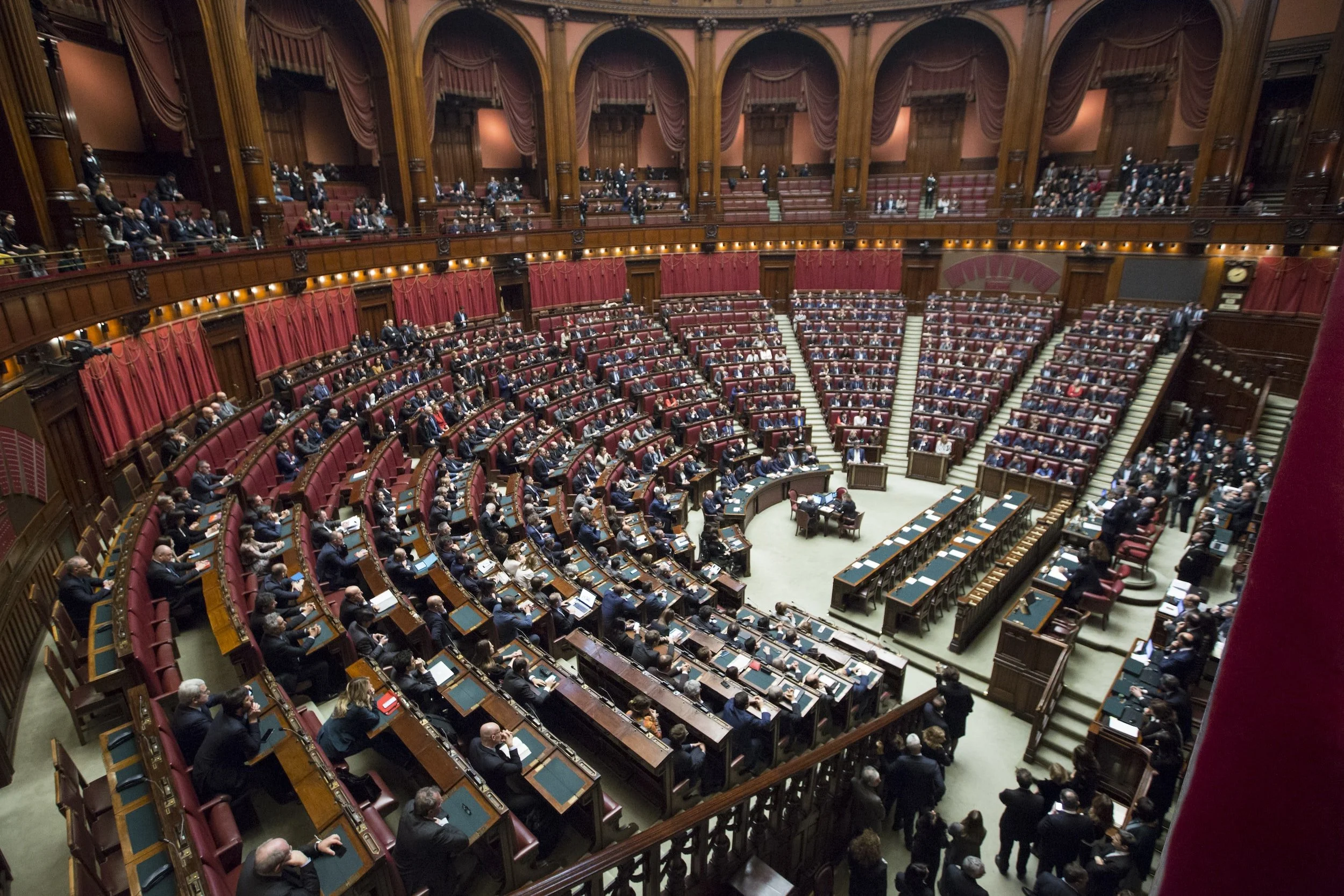The war in Ukraine has raged for nearly a year and a half and as we enter the muddy season where the offensives will evidentially die down, it seems like this a good moment for reflection. Despite the conflict’s costs in blood and treasure, this war is greatly beneficial to the United States and the Western order.
Roth vs Traditional IRAs
Individual Retirement Accounts (IRAs) are a popular way for Americans to save for retirement. While there are several different types of IRAs, the two most common are Traditional and Roth IRAs. Both have their advantages and disadvantages, and deciding which one is best for you depends on several factors, including your current income, tax rate, and retirement goals. In this article, we'll compare Roth vs Traditional IRAs and discuss the threshold for choosing which one would be best for you.
What type of Investment Management is best?
Investing can be a daunting task for many, with the endless options and strategies available. Two common approaches are active and passive investing. Active investing involves making specific decisions to buy and sell stocks with the goal of outperforming the market. Passive investing, on the other hand, involves investing in a portfolio that closely mirrors the performance of the overall market. In this blog, we’ll explore the differences between these two strategies and help you decide which approach is right for you.
Growth Investing vs. Value Investing: The Battle for Wall Street
When it comes to investing, there are many different approaches one can take. Two popular strategies are growth investing and value investing. While both have their merits, the debate between which is the better approach has been ongoing for decades. We’ll explore the differences between these two strategies and why the battle for Wall Street continues.
Quantitative Tightening by the Federal Reserve: What it Means for the Stock Market
The Federal Reserve's decision to begin quantitative tightening (QT) has raised concerns among investors about the impact it could have on the stock market. QT is a monetary policy tool used by central banks to reduce the money supply and decrease inflationary pressure. In this New York Times-style article, we will explore what quantitative tightening means for the stock market and the potential risks and opportunities it presents for investors.
Foreign Policy and Its Impact on Your Daily Life
Foreign policy is often thought of as a realm of politics and diplomacy that is far removed from the daily lives of ordinary citizens. However, the decisions made by governments in their foreign policy can have a profound impact on our daily lives, whether we realize it or not.
Isolationism vs Internationalism: Weighing the Pros and Cons
The question of whether a country should pursue a policy of isolationism or internationalism has long been debated by politicians, policymakers, and citizens alike. In this post, we will explore the advantages and disadvantages of both isolationism and internationalism and consider the implications of each for global relations and national security.
One Belt, One Road - What's the end game?
In recent years, the Chinese government has been promoting its One Belt, One Road (OBOR) initiative as a key strategy for expanding China's global influence and promoting economic growth. In this blog, we will provide an overview of the OBOR initiative and examine its goals and implications for China and the wider world.
The Quad - The Fight for the Indo-Pacific
The Quadrilateral Security Dialogue, commonly known as the Quad, is a strategic partnership between the United States, Japan, Australia, and India. The Quad was established in 2007 as an informal dialogue among the four countries to discuss security and economic issues in the Indo-Pacific region. However, the Quad disbanded soon after due to disagreements among the member countries. In 2017, the Quad was revived, and it has since become a significant force in the region, aimed at promoting a free, open, and inclusive Indo-Pacific.
Diversification - How to Achieve a Balanced Portfolio
Diversification is a crucial concept in investing that every investor should understand. It is a risk management strategy that involves spreading your investments across different asset classes, sectors, and regions to reduce the overall risk of your portfolio. A well-diversified portfolio can help you achieve better returns while minimizing the risks associated with individual investments.
Retirement and the Accounts to Achieve it
As you plan for retirement, it's important to take advantage of all the tax-advantaged accounts available to you. These accounts offer a range of benefits, including tax deductions, tax-free growth, and tax-free withdrawals. In this article, we'll explore the most common tax-advantaged retirement accounts and their benefits.
The Rise of Civilization States
Since the invention of nationalism in the late 18th century - early 19th century, the world has primarily known nation states - particularly in what we call the “West”. Some cite the American or French revolutions as its beginnings, which certainly became a powerful tool for unity and mobilization. However, times are changing and I predict a new age is dawning or has already begun. Civilization States will be the dominant form of political alignment for the foreseeable future.
A New Era of Content-Scraping: Jasper.ai
For anyone who doesn't know, Jasper is a content scraping tool that promises to make the process of collecting data from websites easier than ever before.
Why $AAPL Is An Overvalued Company in Decline
Apple is a declining company that is desperate for new products. Their valuation multiples have increased significantly faster than their revenue/earnings while their debt has gone up in relation to equity. Their earnings decreased 10.6% year over year last quarter and no one is talking about it. This thing is going to come down eventually, the only question is when.
In An American World
An Introduction and Summary of the Current American Sphere of Influence
The Liquidity Trap: How QE and Low Rates Might Be Inadvertently Causing Deflation
The Fed believes injecting money into the economy is helping the recovery and ensuring market stability; however, it really is not materially and sustainably succeeding. The stock market is in a bubble that will pop again soon, corporate bond and CMBS default rates will increase over the coming year, deflation will make debt a heavier burden and cash more valuable, the Fed is powerless to stop it. Our economy enters a deflationary cycle that will be hard to get out of, until the bank reserves find their way into the real economy.
SARS vs COVID-19: Why It's Different This Time and The Effects On The World Economy
China’s economy is potentially going down led by an over-leveraged banking system and it may cause US tech stocks, which derive supply and demand from China, to lead a market correction. Comparing this coronavirus situation to SARS is extremely disingenuous due to the state of the Chinese economy in 2003 compared to the state of the Chinese economy now. The downward pressures from China on world GDP growth as well as Boeing’s pressures on US GDP growth create a significant risk in all world equity markets that is not being priced in. While this does not mean that the US is definitely heading towards a recession or even a global recession, but that the risk should not be ignored by world markets, no matter how much liquidity central banks pump in.
Interview with Dominic Johnson-Hill of Plastered8
Dominic Johnson-Hill arrived in China in 1992 with a passion for adventure. In 2005, he opened the first Plastered store to celebrate his love for Beijing using images he collected over his many years in China. Now a regular on TV and radio in China, Dominic prides himself on continually reinventing the brand to move with the fast pace of Beijing.
PMA had the opportunity in summer of 2016 to sit down with Dominic and interview him about his upcoming projects, ideas, and the future of Plastered 8


















